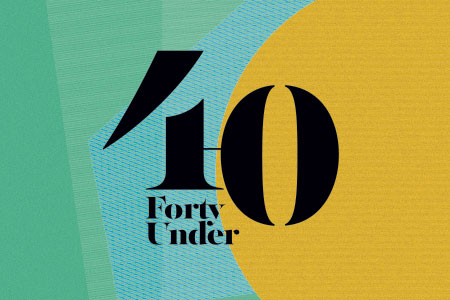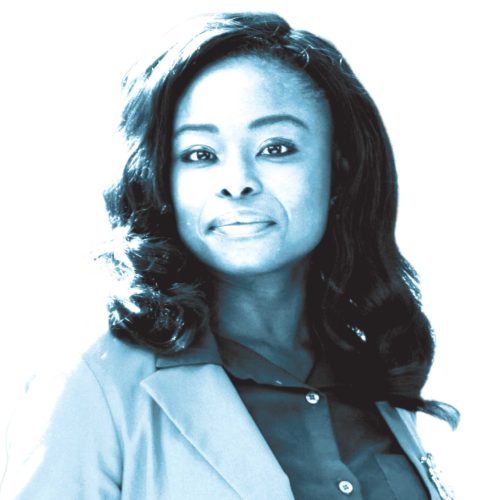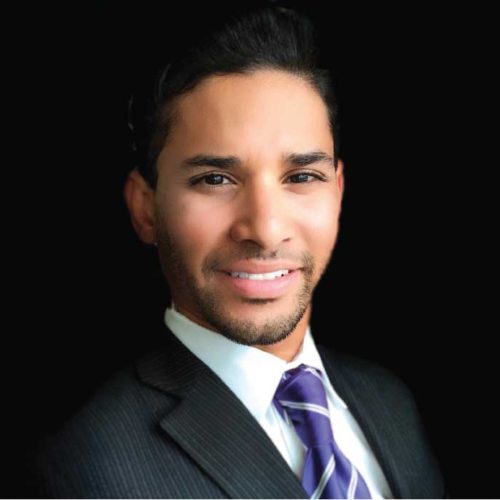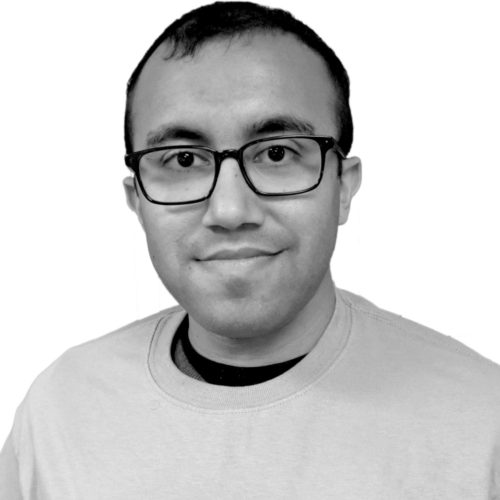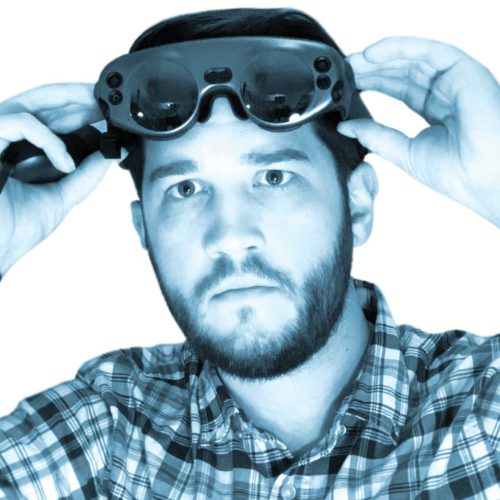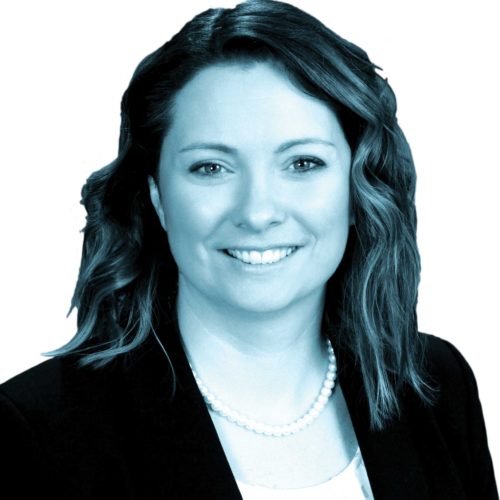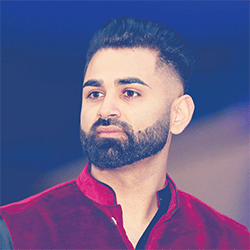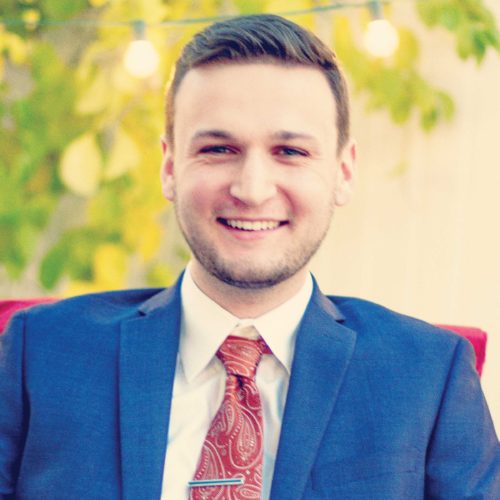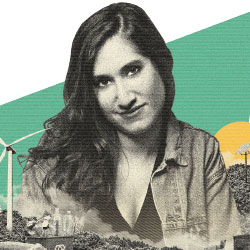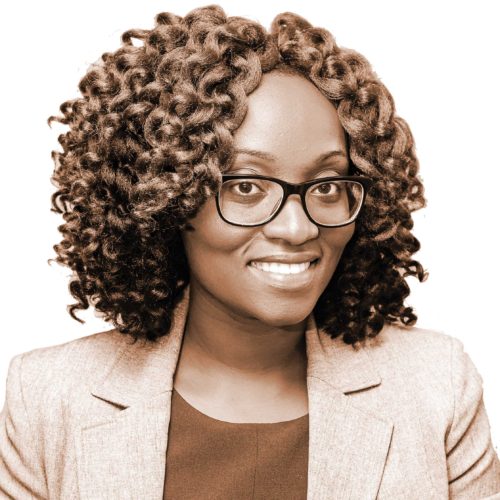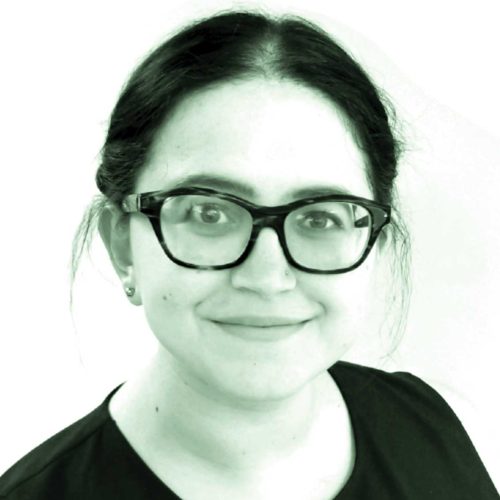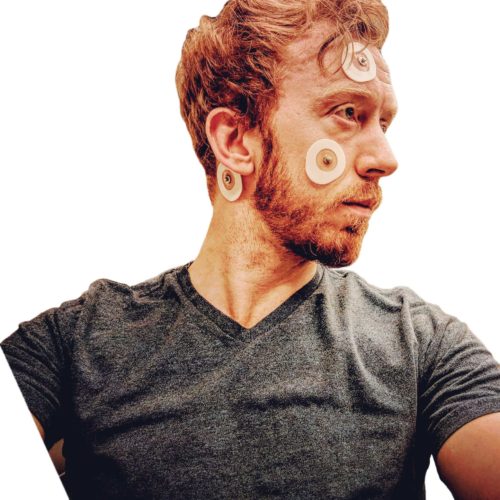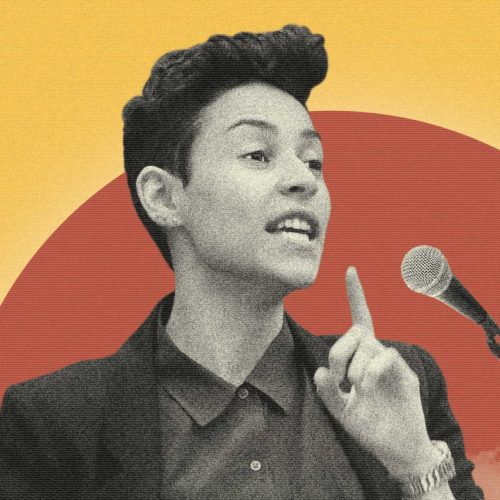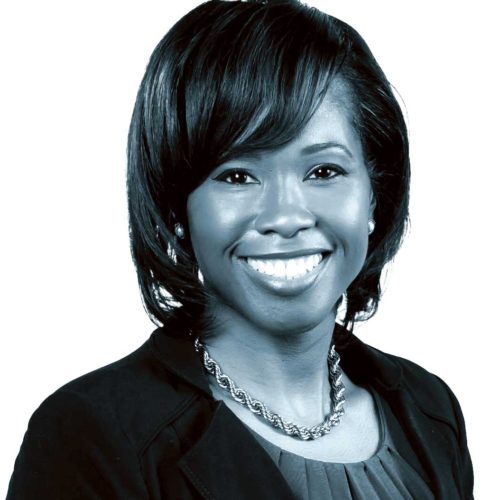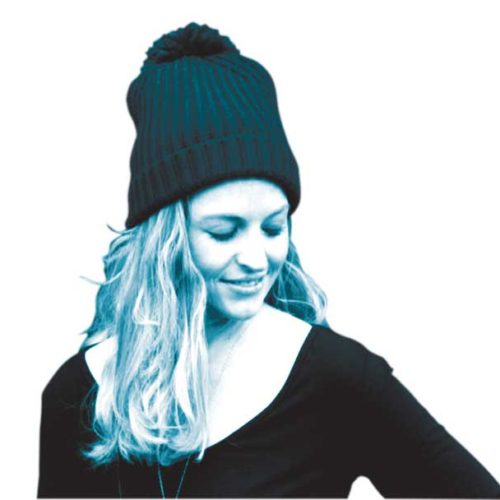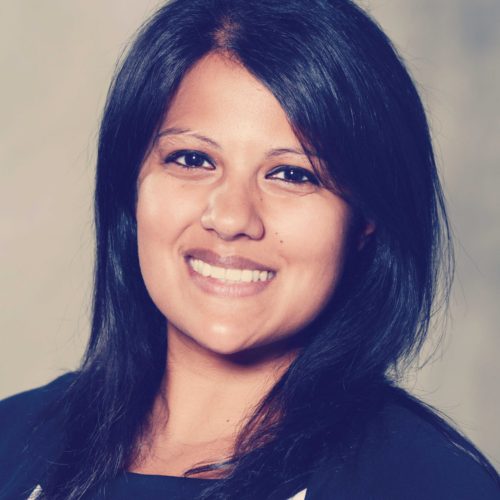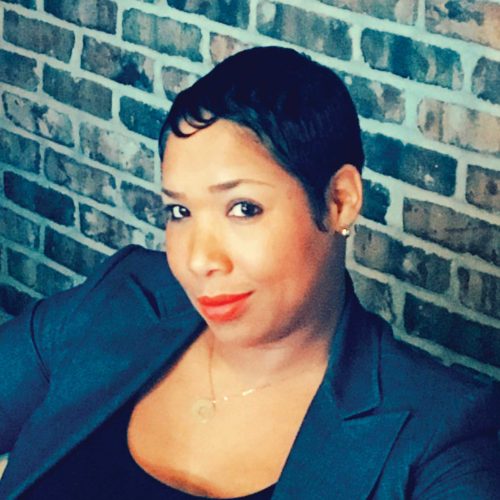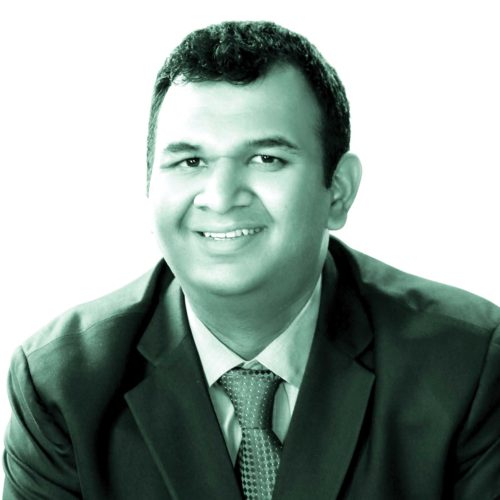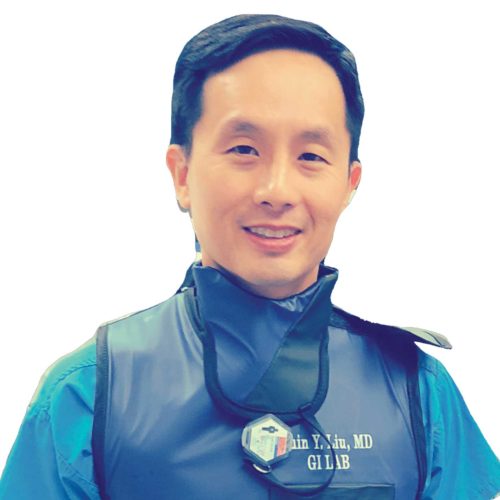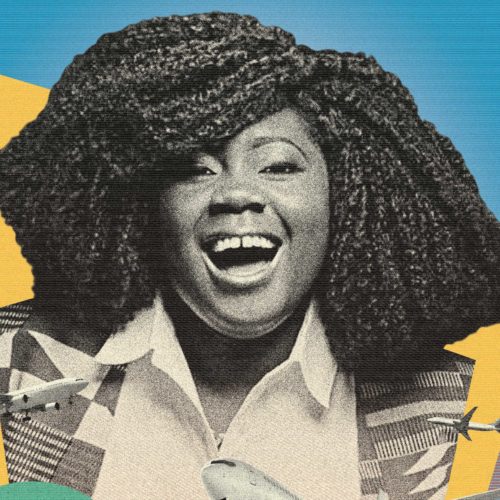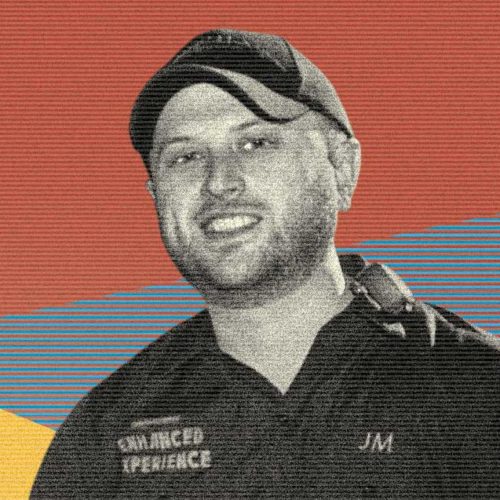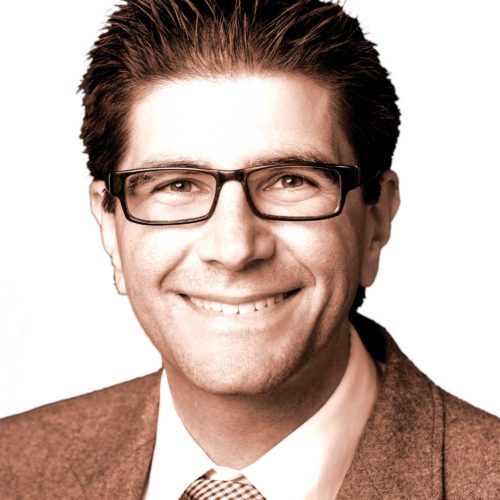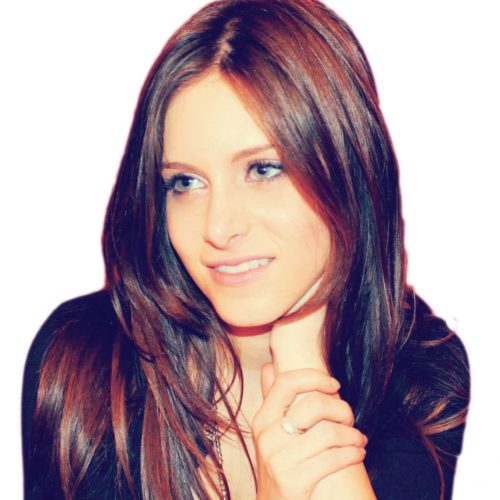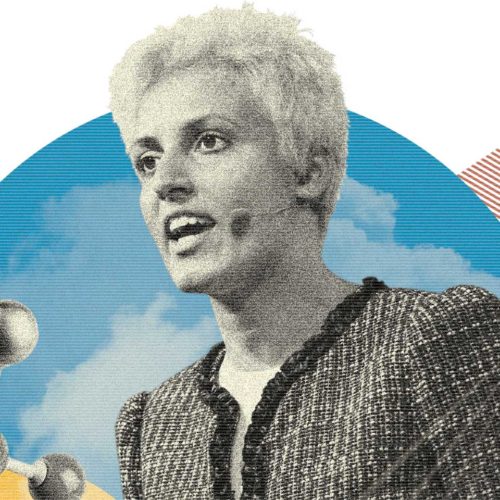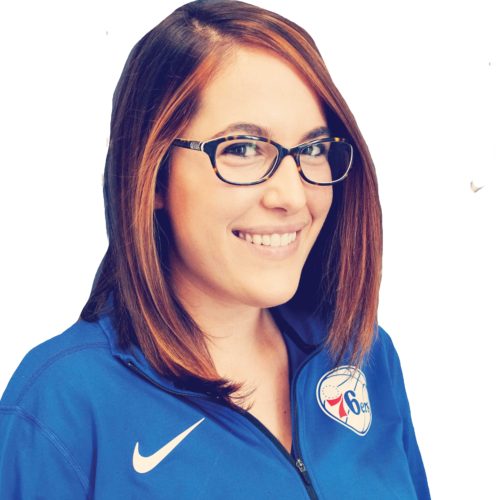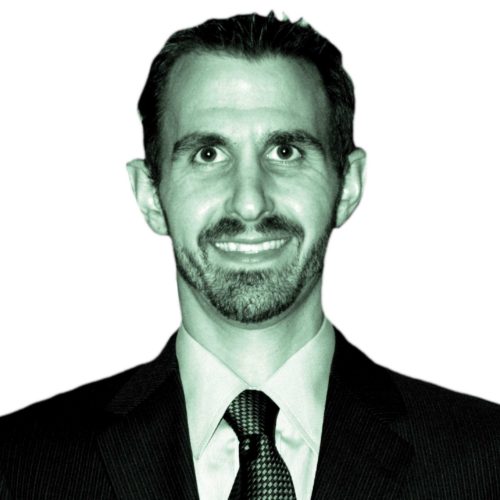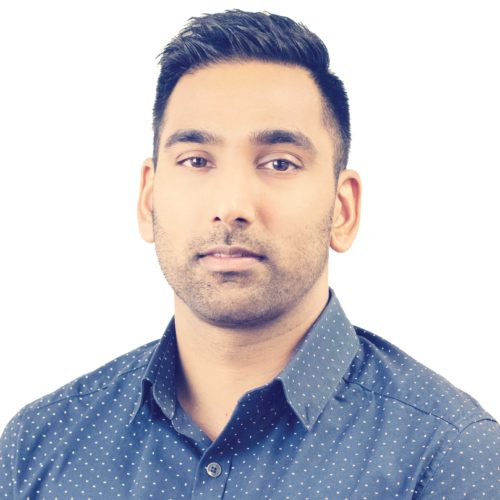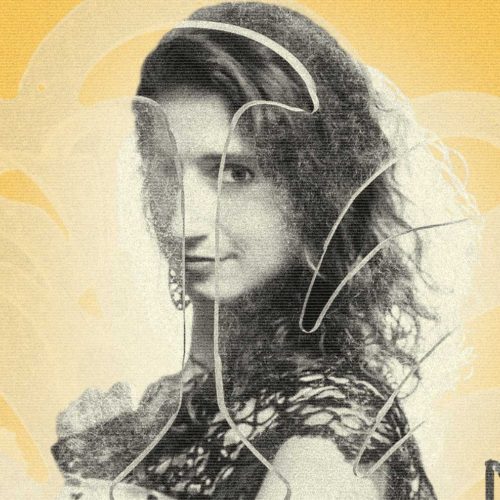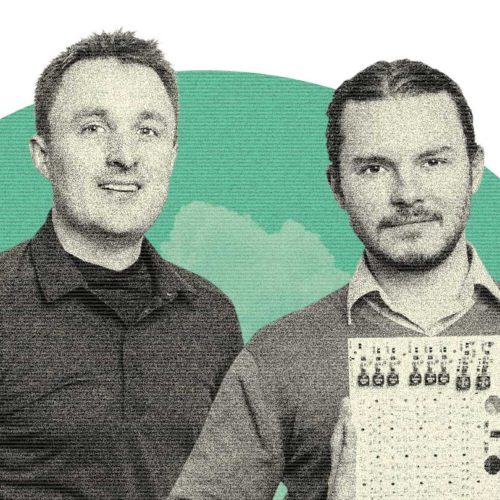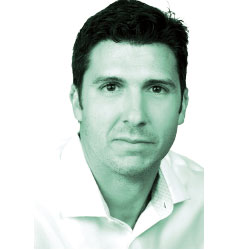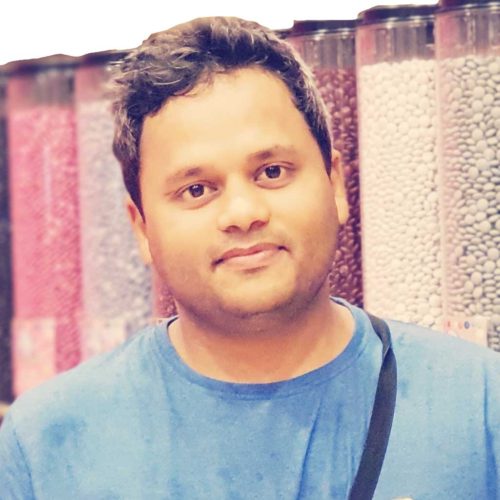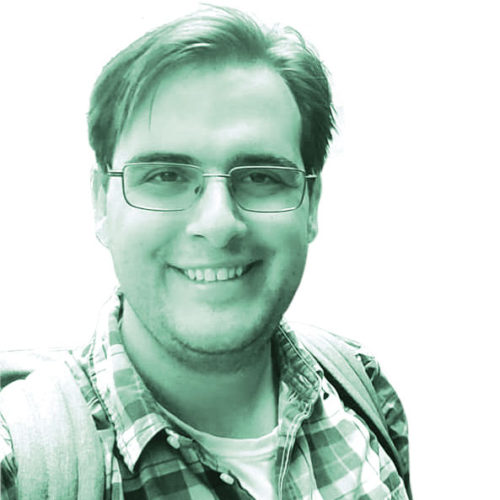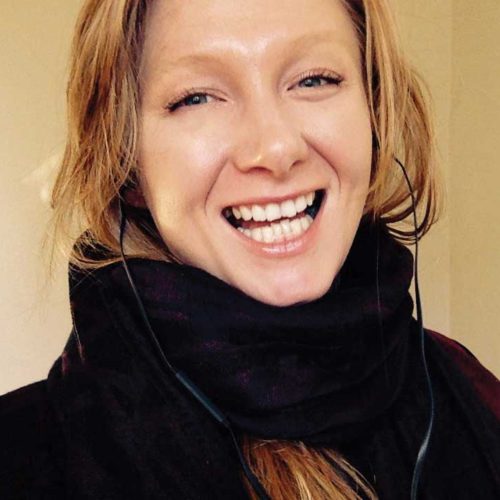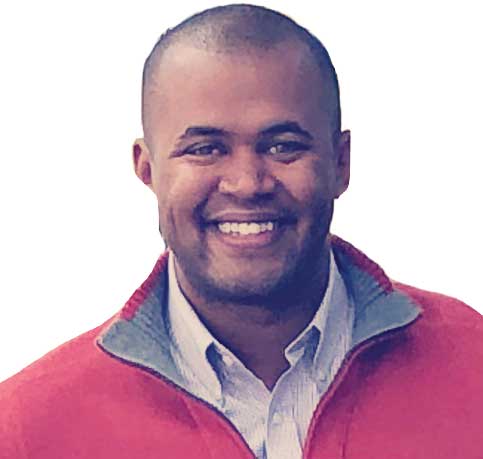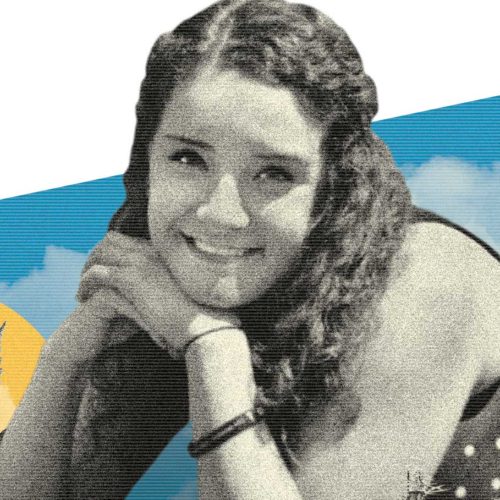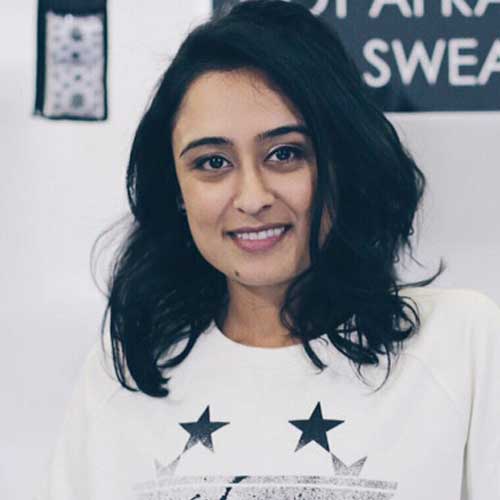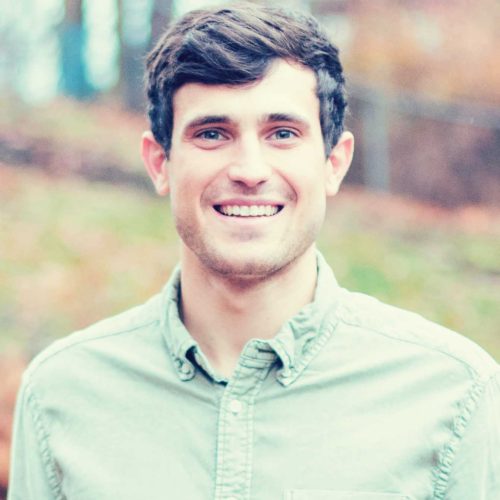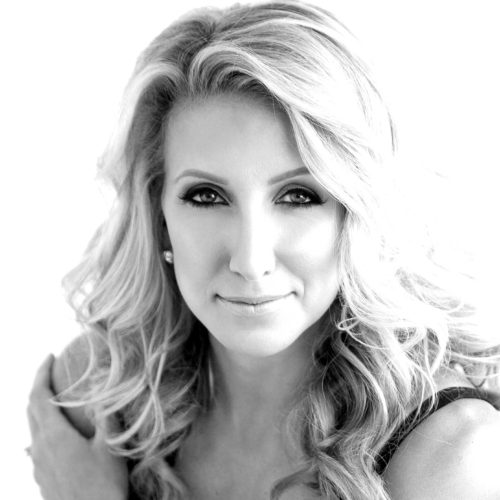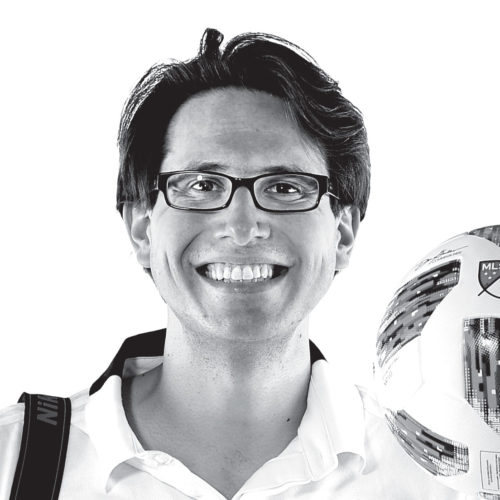Denice Frohman
33
MS SCIENCE OF INSTRUCTION ’12
Poet and writer Denice Frohman crisscrosses the country to send a message: claim the power to be who you are.
Denice Frohman doesn’t fit into a box. In fact, give the box to this New York-born queer mixed-Latina poet, writer, performer and educator, and she’ll flip it over and stand on it, and invite you to stand with her and speak your truth. That’s just her style.
Frohman’s work explores the intersections of race, gender and sexuality, inspired by her experience as a queer woman from a Puerto Rican and Jewish background. It was during her childhood surrounded by music, street performers and the diversity-rich grittiness of New York City’s Hell’s Kitchen that the seeds of her creativity were planted.
It took a while for Frohman to find her way to poetry. In high school, she was limited to introductory Shakespearean-esque stuffiness that didn’t interest her. Around that time, she attended a live performance at the Nuyorican (blend New York and Puerto Rican together) Poets Café, and the seed began to sprout.
“That was my first time experiencing poetry in real time on stage and I was in awe,” she says. “But at the time, I was focused on my athletic career.”
Frohman’s basketball skills in high school earned her a full scholarship to Dowling College on New York’s Long Island, where she majored in English.
“I was introduced my freshman year to a plethora of books and writers who spoke my language,” she explains. “Those writers helped me to step into the power of my own voice and showed me I could write about myself, write about my own language — I didn’t have to write about or pretend to be someone else.”
After a year of playing professional hoops in Puerto Rico, the college graduate began leafing through a book on the topic of “What to Do With an English Degree.” Then she got a break. Her mentor Chris Lehmann, founding principal of Philadelphia’s Science Leadership Academy (SLA), connected her to a job in communications at the Franklin Institute. Once in Philadelphia, Frohman was invited to teach a poetry class at SLA.
“I fell in love,” she recalls. “There are moments when your path becomes very clear and your passion fills the room. I knew this wasn’t going to go away. I loved being in the classroom with young people.”
Frohman continued working in communications, eventually landing at Drexel, where she pursued her master’s in education.
Outside of work, Frohman was immersing herself in the Philadelphia poetry scene, showing up on stages across the city and beyond, honing her craft and cultivating a network. She got involved in the Philly Youth Poetry Movement, a volunteer-run nonprofit founded in 2006 that empowers young people through spoken word and literary expression. In 2013, she was crowned Women of the World Poetry Slam champion. In 2015, she won a highly competitive CantoMundo Fellowship, which connected her to a whole new world of inspiring Latinx artists, she says.
After Hurricane Maria, she helped to organize a benefit for #PoetsForPuertoRico, a diasporic movement of Puerto Rican poets that has raised more than $20,000 for those affected by the disaster.
Frohman spends most of her time on the road at speaking engagements. Occasionally, unexpected gigs pop up, like her involvement in the #HereWeAre Twitter campaign that ran during the 2018 Oscars. When she’s not traveling, Frohman makes time for polishing her craft at writing residencies and fellowships.
“I really want to continue to grow as a writer, and really expand what’s possible for me on the stage, and on the page,” she says. “There are a million poems left unwritten at the end of the day, and I hope to chase down as many of them as I can.” — Katie Clark
